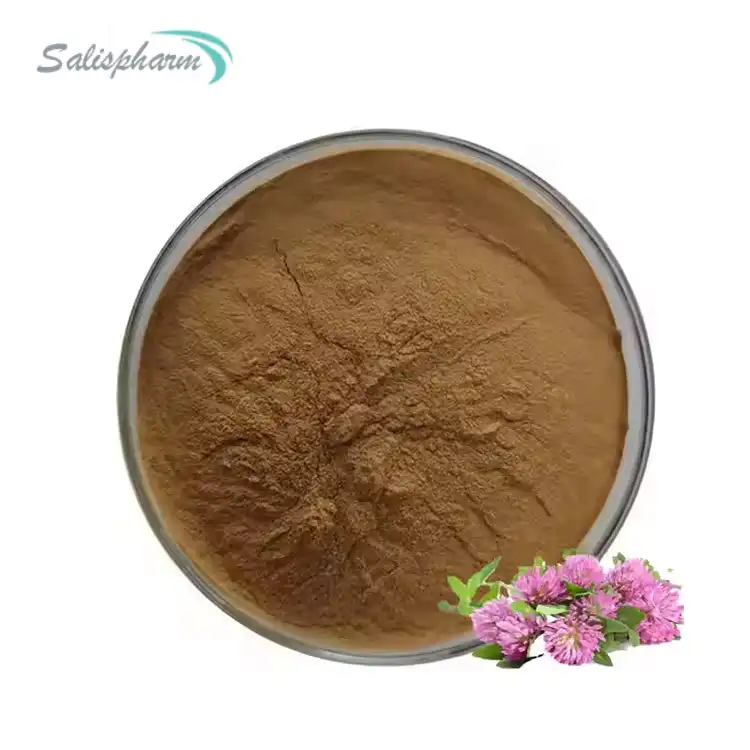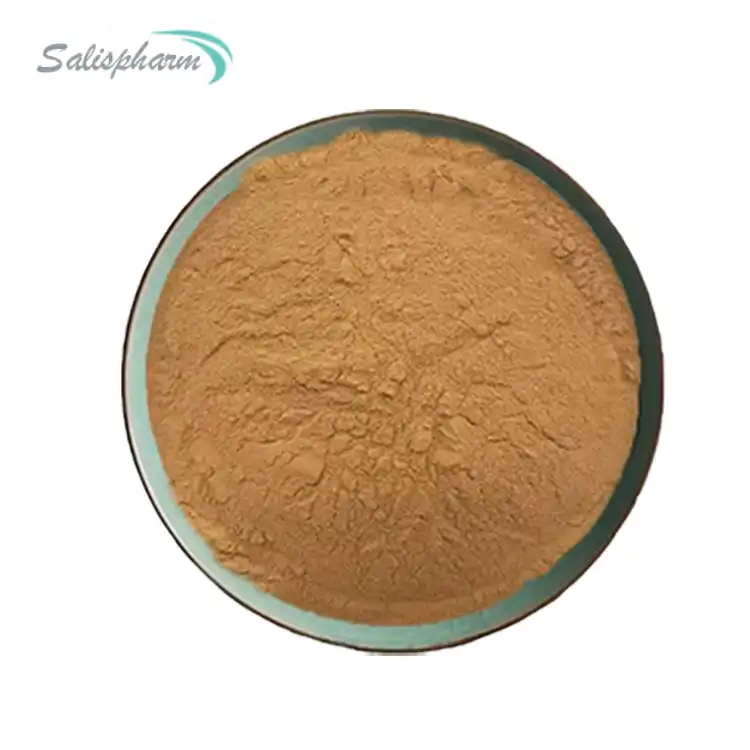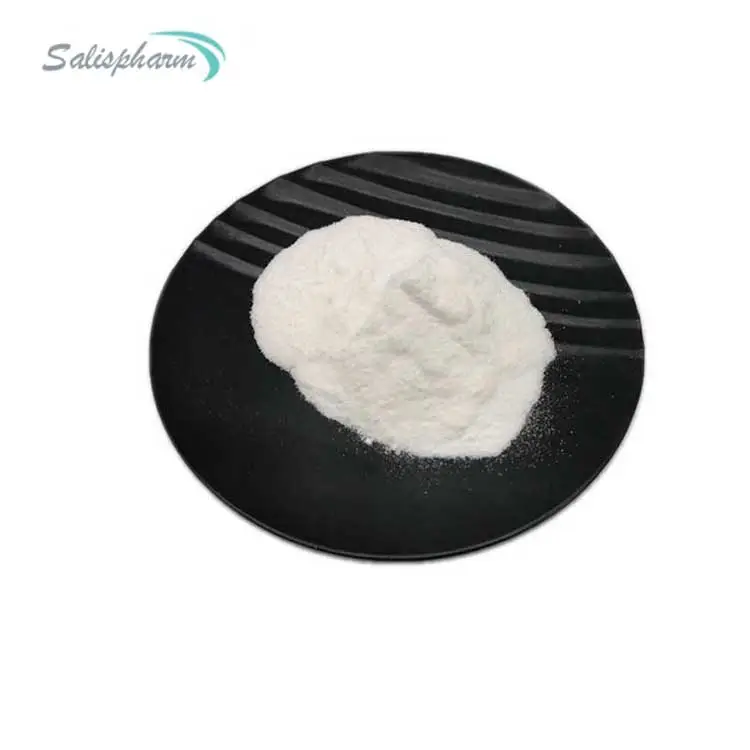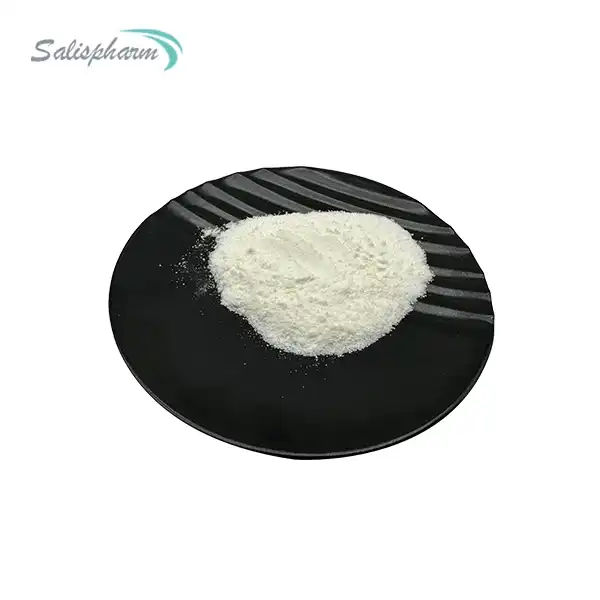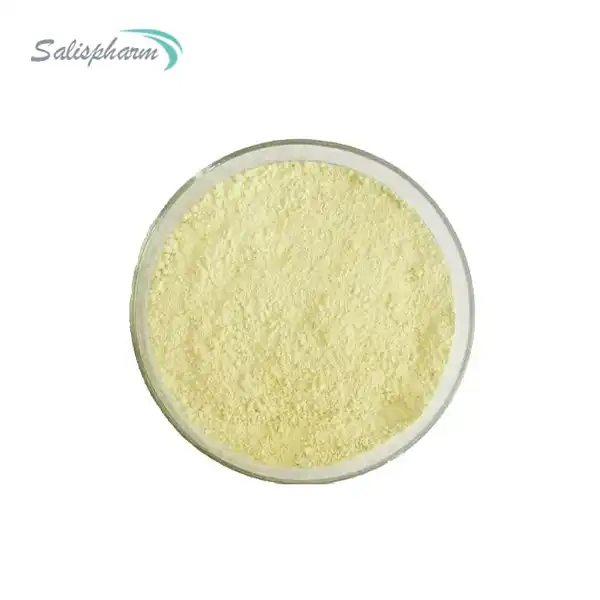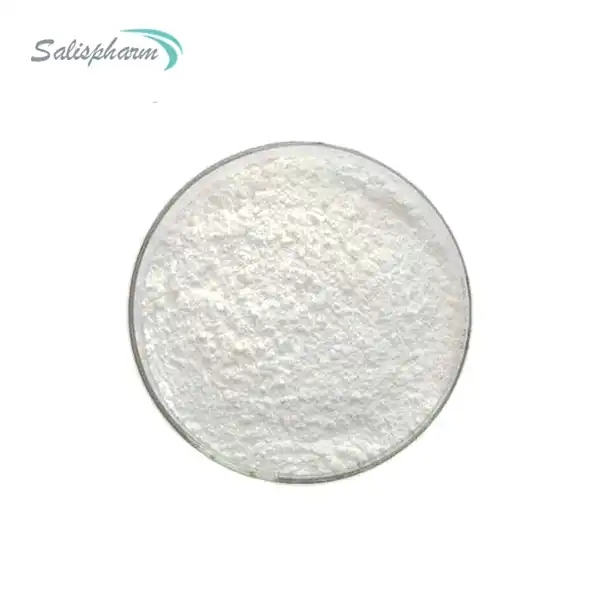Acephate powder, a broad-spectrum insecticide, has gained popularity among gardeners, farmers, and pest control professionals due to its effectiveness in controlling various insect pests. This organic compound, belonging to the organophosphate class, is widely used in agriculture, horticulture, and household settings. While its primary purpose is to combat harmful insects, acephate powder offers several benefits that make it a valuable tool in integrated pest management strategies.
What is the Effect of Acephate Powder on Insects?
Acephate powder is a systemic insecticide, meaning it is absorbed by plants and distributed throughout their tissues, making it effective against sucking and chewing insects. It works by disrupting the normal functioning of the insect's nervous system, leading to paralysis and eventual death. The broad-spectrum nature of acephate powder allows it to target a wide range of insect pests, including aphids, thrips, leafhoppers, whiteflies, and various caterpillars.
One of the significant advantages of acephate powder is its ability to control insect infestations at various life stages. It can effectively eliminate eggs, larvae, and adult insects, preventing further reproduction and infestation. This characteristic makes it a valuable tool for managing insect populations and reducing the risk of crop damage or yield losses.
Furthermore, acephate powder has a relatively short residual activity, which means it breaks down rapidly in the environment, minimizing the risk of long-term accumulation or persistence. This feature is particularly beneficial for crops with short growing seasons, as it allows for flexibility in application timing and reduces the potential for residue issues during harvest.
How Does Acephate Powder Benefit Plant Health?
While the primary purpose of acephate powder is to control insect pests, its use can also indirectly benefit plant health. By effectively managing insect populations, acephate powder helps prevent damage to plant tissues, such as leaves, stems, and fruits. This protection allows plants to allocate resources more efficiently towards growth and development, leading to improved overall plant vigor and productivity.
Additionally, some insects act as vectors for plant diseases, transmitting pathogens from infected plants to healthy ones. By reducing insect populations, acephate powder can help minimize the spread of these diseases, contributing to the overall health and resilience of plants.
It is important to note that acephate powder should be used judiciously and in accordance with label instructions to avoid potential adverse effects on beneficial insects, such as pollinators and natural predators of pests. Proper application techniques and timing can help minimize the impact on non-target organisms while maximizing the effectiveness against targeted insect pests.
What are the Advantages of Using Acephate Powder in Integrated Pest Management?
Integrated Pest Management (IPM) is a sustainable and environmentally friendly approach to pest control that combines various methods, including cultural, biological, and chemical control strategies. Acephate powder plays a crucial role in IPM programs by providing an effective chemical control option when other methods are insufficient or impractical.
One of the primary advantages of incorporating acephate powder into IPM strategies is its selectivity. While it is a broad-spectrum insecticide, acephate powder has a lower toxicity to mammals and birds compared to some other insecticides. This characteristic reduces the potential risk to non-target organisms and allows for safer use in residential and agricultural settings.
Moreover, acephate powder can be used in rotation with other insecticides or as part of a combined treatment approach. This practice helps prevent the development of resistance in insect populations, ensuring long-term effectiveness and reducing the risk of pest resurgence. By alternating between different modes of action, the chances of insects developing resistance to any single insecticide are greatly diminished.
IPM programs often involve monitoring and scouting for pest activity, and acephate powder can be applied strategically based on these observations, reducing unnecessary applications and minimizing environmental impact. This targeted approach not only conserves resources but also helps to maintain a balanced ecosystem by minimizing the disturbance to beneficial insects and other non-target organisms.
Additionally, acephate powder can be integrated with biological control methods, such as the release of beneficial insects or the use of microbial pesticides. These methods work in tandem, with acephate powder providing immediate control of pest populations, while biological control agents establish themselves and help maintain long-term suppression of pest levels. This combined approach promotes a comprehensive and sustainable approach to pest management.
Proper Handling and Application of Acephate Powder
While acephate powder offers numerous benefits, it is crucial to follow proper handling and application procedures to ensure user safety and minimize environmental impact. This includes wearing appropriate personal protective equipment (PPE) during handling and application, adhering to label instructions, and avoiding overuse or misuse.
When applying acephate powder, it is essential to consider factors such as wind speed, temperature, and the presence of non-target organisms. Applying the product during favorable conditions can help maximize its effectiveness while minimizing potential drift or off-target exposure.
It is also important to rotate the use of acephate powder with other insecticides or control methods to prevent the development of resistance in insect populations. By alternating between different modes of action, the chances of insects developing resistance to any single insecticide are greatly diminished.
Proper storage and disposal of acephate powder and its containers are equally important. Unused portions should be stored in a secure, dry location, away from children and pets. Empty containers should be triple-rinsed and disposed of according to local regulations to minimize environmental contamination.
Conclusion
Acephate powder offers numerous benefits in controlling insect pests and promoting plant health. Its broad-spectrum activity, effectiveness at various life stages, and relatively short residual activity make it a valuable tool in integrated pest management strategies. By reducing insect populations and minimizing crop damage, acephate powder contributes to improved plant vigor and productivity. Furthermore, its selective nature and compatibility with other control methods allow for its integration into sustainable IPM programs, promoting environmental stewardship and long-term pest management success.
Proper handling, application, and rotation of acephate powder, along with adherence to label instructions and regulations, are crucial for maximizing its benefits while minimizing potential risks. When used judiciously as part of a comprehensive IPM strategy, acephate powder can play a vital role in ensuring sustainable and effective pest control, ultimately contributing to increased crop yields, improved food security, and a healthier environment.
If you are also interested in this product and want to know more product details, or want to know about other related products, please feel free to contact sasha_slsbio@aliyun.com.
References:
1. "Acephate - an overview | ScienceDirect Topics."
2. "Acephate (General Fact Sheet)." National Pesticide Information Center.
3. "Acephate: Insecticide for Control of Aphids, Thrips, and More." Syngenta.
4. "Acephate Insecticide." EPA.
5. "Benefits of Acephate Insecticide." Agrivi.
6. "Integrated Pest Management (IPM) Principles." EPA.
7. "Pesticide Product Label System." EPA, https://iaspub.epa.gov/apex/pesticides/f?p=PPLS.
8. "The Role of Acephate in Integrated Pest Management." University of California.
9. "Understanding the Benefits of Acephate Insecticide." Crop Life India.
10. "What is Acephate and How Does it Work?" PelGar.

